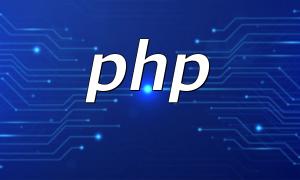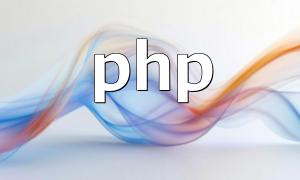PHP frameworks are designed to simplify web development by improving code reusability and maintainability. However, while they streamline development, they also come with certain limitations. Understanding these issues helps developers make better choices and apply effective optimizations.
Frameworks introduce additional abstraction layers, which can lead to performance overhead. In small or simple projects, this structure might actually slow down response times and increase server load instead of improving efficiency.
Most frameworks enforce specific architectural patterns and coding conventions. While this promotes consistency, it can restrict developers' flexibility. When project requirements go beyond the framework’s design, developers may need to work around its limitations, leading to more complex and less elegant code.
For beginners, mastering a popular PHP framework requires time and experience. The internal mechanisms and conventions can be challenging to understand without a solid foundation in PHP, potentially reducing productivity during the learning phase.
PHP frameworks require regular updates to address security vulnerabilities and maintain compatibility with new dependencies. For long-term projects, this ongoing maintenance can be demanding. Upgrading versions may also introduce compatibility issues that require extra testing and development effort.
Consider an e-commerce website built with Laravel. Initially, the project runs smoothly, but as more features are added, performance begins to decline. The framework’s heavy dependencies and abstraction layers become bottlenecks, ultimately affecting user experience.
PHP frameworks play a crucial role in modern web development, but their limitations should not be overlooked. By understanding these drawbacks and applying the right optimization strategies, developers can achieve both high efficiency and robust performance in their PHP applications.








